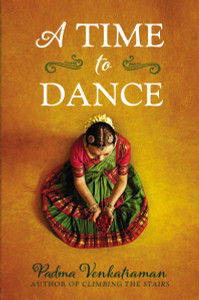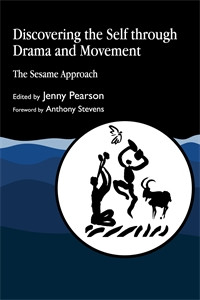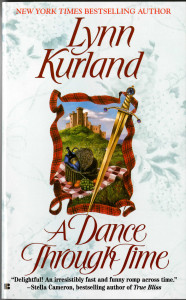To be in the wrong rhythm is to be out of kilter. To be in the right rhythm is to be part of - entrained with - something greater than oneself. And to be self-aware of the effectiveness and possibilities of timing is to permit innovation, creativity, and individuality.
Janet Goodridge's Rhythm and Timing of Movement in Performance is a clearly written and enjoyable explication of how rhythm produces effects that can be said to "work" this text is itself a timely intervention, particularly given a context where options for the publication of dance research are limited.'
- Journal of the Royal Anthropological Institute
'This brilliantly researched book, based upon a lifetime of practical experience by one of the leading movement teachers in the country, is an invaluable resource book for generations of students. Wide-ranging and enormously readable, it is for all who are involved in the study and practice of theatre, dance or ritual.'
- James Roose-Evans, theatre director and author of Experimental Theatre
'Dr Goodridge keenly observes and analyses many dances and dance cultures throughout the world. This is an extraordinary and surprising book. Rich with insights gleaned and developed during her years of training and experience, the book will awaken dormant ideas in reader and inspire new ones.'
- Joann W Kealiinohomoku PhD, Dance Ethnologist, President, Board of Directors Cross-Cultural Dance Resources Inc
'A wonderfully resourceful book for all those working in, or interested in, the expressive arts - teaching, directing and performing - arts therapies, interpersonal communication and anthropology.'
- Living Tao Newsletter
Despite the richness of the subject and the importance frequently ascribed to the phenomena of rhythm and timing in the arts, the topic as a whole has been neglected. Janet Goodridge writes from a practical movement background and draws on a wide range of sources to illuminate the subject in relation to theatre, drama, dance, ceremony, and ritual.
Written for all those working in, or interested in the expressive arts - teaching, directing and performing - arts therapies, inter-personal communication and anthropology, the book provides a first step towards a cross-cultural, interdisciplinary perspective.
Part One will be useful as an introductory reader on the subject: it directs attention to a range of ideas and theories about rhythm, timing and time elements in performance, with quotations and examples from many sources. The chapters in Part Two indicate ways in which we may apply ideas and theories in performance observation and practice; factors and elements of movement rhythm and timing are described and classified, and suggestions are made for the development of skills in movement observation. In Part Three, contrasting approaches and descriptions of rhythm and timing in action are presented: in Yaqui Indian Easter ceremonies, in traditional Maring life (Papua New Guinea) and in a well-known British event - Trooping the Colour.










